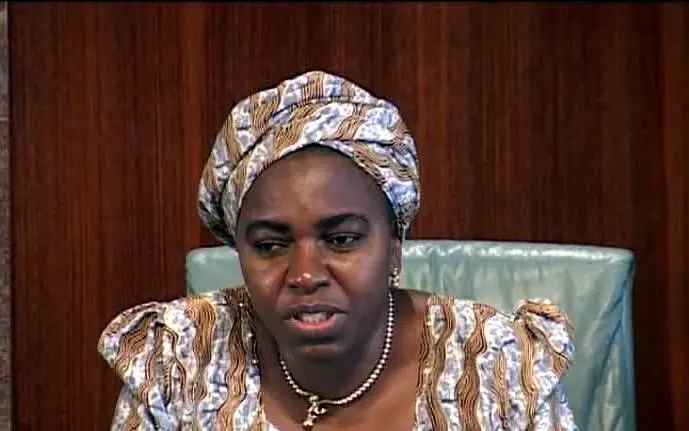***describes ordeal as a psychological warfare
Labour Party (LP) candidate for the November 11 Imo State governorship election, Senator Athan Achonu has described the Supreme Court decision that confirmed his candidature on Thursday as a victory for Imo people to liberate the State.
He described the cases challenging his candidature as a psychological warfare meant to confuse the people of the state.

The candidate said he won free and fair governorship primary and his name has already been published by the Independent National Electoral Commission (INEC) as candidate of Labour Party.
The Supreme Court had dismissed an appeal brought before it by one Basil Maduka against the Labour Party over the rightful candidate of the party in the Imo state governorship election on the ground of locus standi.
A panel of five justices led by Iyang Okoro also cautioned the Appellant for abusing court processes and wasting the time of the courts all through from the lower courts.
Two other respondents in the matter were Independent National Electoral Commission, (INEC) and the Lamidi Apapa led candidate, Joseph Ukaegbu, alias Ikenga, whose request to seek for a consequential order was also rejected by the Supreme Court.
“I have refused to join issues with Ukaegbu and his cohorts because I think it was not necessary.
“In the first place I was not sued, secondly I won a free and fair election and, thirdly INEC gas published my name. It is when they say I am no more the candidate, that is when I will be bothered.
“I have been concentrating on my campaigns because the Imolites are bent on removing the present APC government in Imo State because of all the atrocities being committed.
“I want to make it clear now to Imo people because it was a psychological warfare. The whole idea was to make Imolites think that there could be a problem with my candidacy, so they will so, if I vote for Senator Achonu it will be a wasted effort.
“That was just the psychological warfare that they were waging against Imolites, but thank God the Supreme Court has laid that to rest today.
“So I am calling on all Imolites to come out in their numbers to campaign and champion the course of taking back Imo for themselves because what is happening there is atrocious,” he said.
Achonu promised to run people oriented government if elected governor of Imo State.
LP Legal Adviser Kehinde Edu and Okwudili Anozie, a member of legal team, said Supreme Court justices have put to an end the gimmick of Apapa group against the party’s governorship candidate.
Edu who maintained that Labour Party conducted only one governorship primary on April 15, which was won by Senator Achonu, said both Ukaegbu and Maduka participated but scored less than 10 votes.




